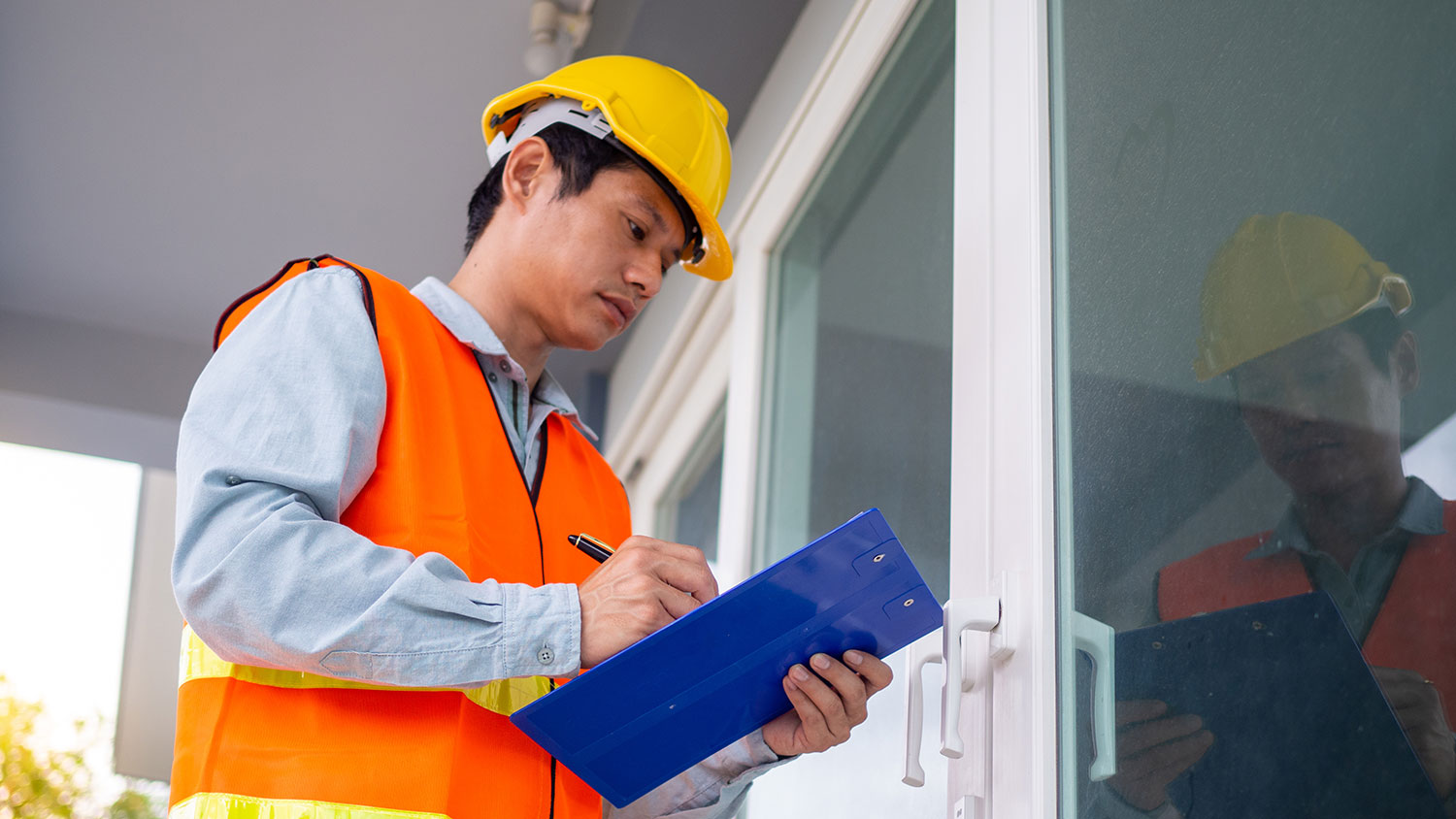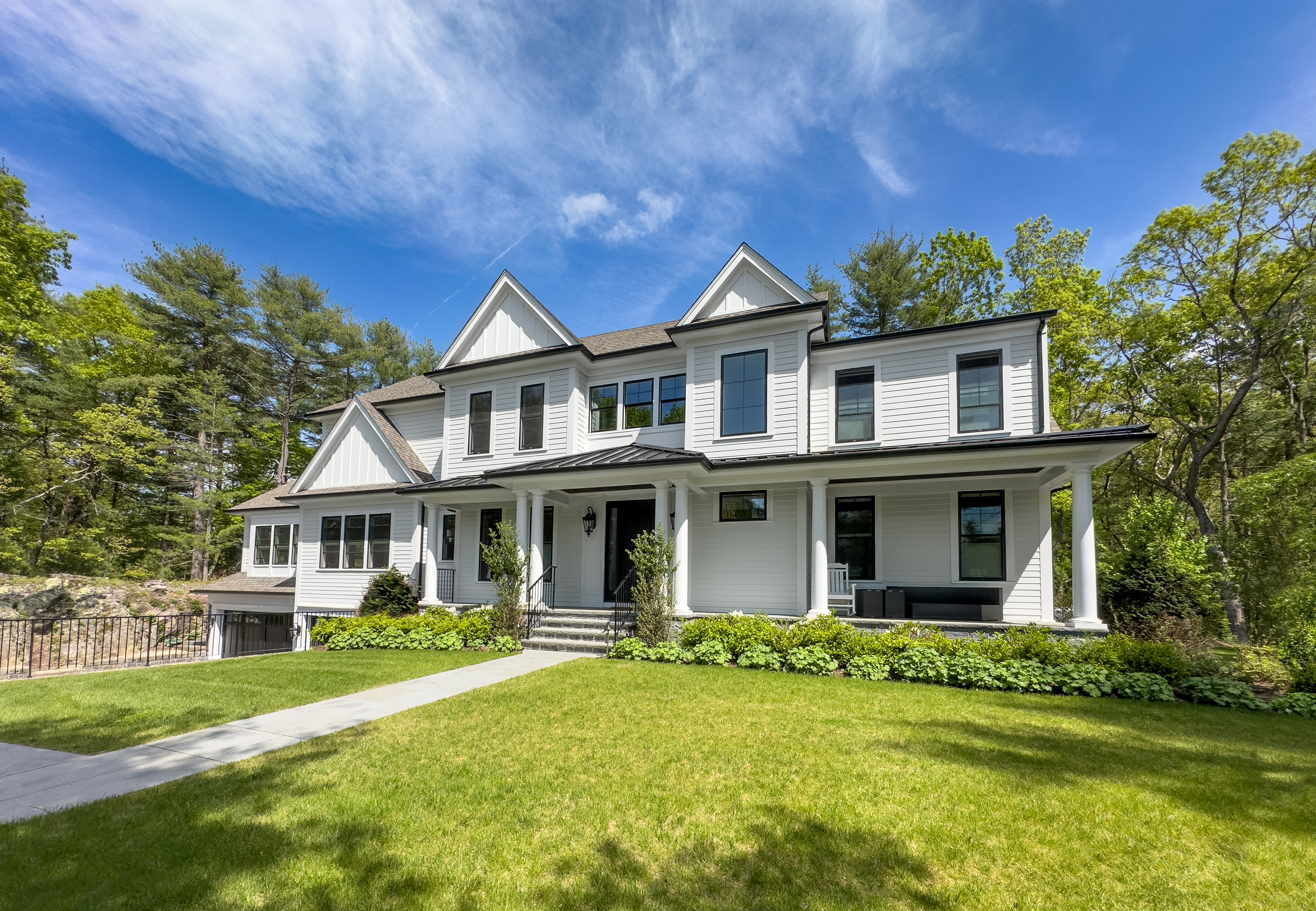
Discover the average home energy audit cost, what impacts pricing, and how to save money on your audit. Get transparent, expert-backed cost info for homeowners.
The average thermal imaging home inspection cost is $400, with most homeowners paying between $200 and $500. Prices vary by home size, inspection scope, and location.


Thermal imaging home inspections detect hidden issues early.
The inspection cost depends on the size of the home, the type of inspection, and the region.
Hiring a certified thermal imaging inspector ensures accurate results.
Add-ons, such as full-home scans or detailed reports, may increase the cost.
Early detection of issues such as moisture intrusion and electrical hotspots can help prevent costly repairs later.
Thermal imaging home inspection cost averages $400, with a range from $100 to $700. Prices depend on the size of your home, the extent of the inspection, and your location. Some inspectors charge per square foot, while others offer flat rates for standard packages.
A thermal imaging home inspection can uncover hidden issues that might otherwise go unnoticed. This guide will walk you through what impacts the cost, ongoing expenses, and ways to get the best value for your money.
Understanding what drives the cost of thermal imaging home inspections can help you budget wisely. Factors like inspection type, home size, materials, labor, and extra services all play a role.
Thermal imaging inspections come in several forms, each with different price points. A full-home scan is more comprehensive and increases the overall cost, while targeted system checks (such as just the electrical or HVAC systems) are less expensive. Advanced thermal imaging cameras and software can also raise the price. Add-on services—like moisture detection or energy audits—often come at an extra fee.
| Inspection Type | Description | Average Cost Range |
|---|---|---|
| Full-home scan | Complete thermal imaging of all home areas | $300–$500 |
| Partial scan | Scans specific rooms or systems | $150–$300 |
| Targeted system check | Focus on HVAC, electrical, or plumbing only | $100–$250 |
| Advanced scan | Uses higher-resolution or specialized equipment | $350–$600 |
| Add-on service | Moisture, mold, or energy audit | $50–$200 extra |
The size of your home is a major factor in determining the cost of a thermal imaging home inspection. Larger homes require more time and effort, which increases the fee. Multi-story homes or those with garages and outbuildings may push you into a higher price tier.
| Home Size (Sq. Ft.) | Average Cost Range |
|---|---|
| Under 1,000 | $150–$250 |
| 1,000 to 2,000 | $200–$350 |
| 2,000 to 3,000 | $300–$500 |
| Over 3,000 | $400–$700 |
The construction materials of your home can impact inspection complexity and cost. For example, homes built with brick or stucco may require more time or specialized imaging techniques than those with wood, as they make it harder to detect issues. Insulation type and wall thickness can also affect the inspector’s approach.
Certified inspectors or professionals with specialized thermal imaging certification perform these inspections. Labor rates can be hourly or flat fee, with experienced inspectors often charging more for their expertise.
Regional differences also play a part—urban areas or markets with high demand tend to have higher labor costs. More complex homes, difficult access, or detailed reports can add to the time and price.
Preparing your home for a thermal imaging inspection involves clearing access to walls, attics, and crawl spaces, and ensuring all systems (like HVAC and electrical) are running. Some inspectors may charge extra if furniture needs to be moved or if they must prep attics or basements. Urgent or after-hours inspections can also come with additional fees.
Tipping home inspectors is not expected in the industry. If you feel your inspector went above and beyond—for example, spending extra time or providing exceptional service—a tip is appreciated but not required. More commonly, homeowners show appreciation through positive online reviews or referrals.
Several other factors can influence the cost of a thermal imaging home inspection:
Detailed written or expedited reports often have additional fees.
Travel fees may apply if the inspector must come from outside your area.
Some localities require permits or regulatory fees for inspections.
Post-inspection consultations or follow-up visits might be billed separately.
Add-ons like drone imaging, advanced moisture mapping, or full energy efficiency analysis are available at extra cost.
Beyond the initial inspection, you may encounter ongoing costs associated with maintaining your home’s health and keeping up with technology.
If you want regular thermal imaging inspections, plan for annual or bi-annual visits. Each follow-up costs less than the initial inspection, but the costs still add up over time. Homeowners who purchase their own thermal cameras will also need to pay for periodic calibration and software updates. Some inspection companies charge a small fee to keep digital records accessible long-term.
Thermal imaging often reveals issues like poor insulation, electrical hotspots, or hidden water leaks. Repair costs for these findings can vary widely. Insulation replacement costs start at $200, electrical fixes can range from $150 to $800, and moisture remediation costs $500 or more. Early detection helps minimize these expenses by addressing problems before they worsen.
Most home insurance policies do not cover the cost of routine thermal imaging inspections. However, some insurers require or recommend such inspections for claims related to water damage or electrical issues. In some cases, you may qualify for premium discounts or incentives if you use thermal imaging to identify and fix issues proactively. Addressing problems early can also help prevent premium increases due to major claims.
Thermal imaging really demands a professional, both because it requires specialized equipment and because it takes specialized skill to read the scans and draw useful conclusions. You can check your own home for visual leaks and note potential issues with weatherproofing by feeling for drafts, but a comprehensive test requires a pro.
Hiring a home energy auditor near you means paying an average of $400 for a thermal scan, almost all of which will go toward labor. While expensive, going the professional route is worth it for a few key reasons.
Pros have special equipment that allows for deep scans of hidden materials, including insulation, plumbing pipes, electrical wires, and more.
Experts can make informed decisions based on their scan and recommend fixes that will keep your home safe and maximize efficiency.
Hiring a pro often means you can take advantage of tax rebates and other incentives for your audit.
Professional advice following thermal imaging will help treat underlying issues, likely leading to savings on utility bills over time.
You should leave the actual thermal imaging to a professional, but there are some things you can do yourself to prep for your expert.
Take note of any areas in your home where you believe you have a problem, especially if you only plan on having a partial inspection done.
Clear clutter from rooms where your pro will be working to provide ample access.
Make sure your pro can get to your basement, crawl space, and/or attic, if you have one.
Set a reminder for yourself to let your accountant know about the assessment when it’s time to file your taxes.
| Approach | Average Cost | Pros | Cons |
|---|---|---|---|
| DIY | $40–$3,000+ | Lower upfront cost, flexible timing | Lower accuracy, risk of missed issues |
| Hiring a pro | $200–$500 | Expert analysis, full report, liability | Higher one-time cost, must schedule a visit |
Many homeowners choose to enhance their thermal imaging home inspection with add-ons. Here’s what you can expect to pay for popular extras:
Full-home energy audit costs: $150 to $400
Detailed written or digital reports: $25 to $100
Follow-up inspections: $100 to $300
Moisture or mold detection: $75 to $200
Infrared scans of specific systems (roof, HVAC, plumbing): $50 to $150 per system
Drone-assisted thermal imaging: $100 to $300
Emergency or rush service fees: $50 to $200
These add-ons help customize your inspection to address specific concerns or provide more in-depth analysis.
Let’s look at ways to keep your thermal imaging home inspection cost manageable:
Schedule inspections during off-peak seasons for potential discounts.
Bundle thermal imaging with a standard home inspection for package pricing.
Prepare your home in advance to minimize the inspector's time on site.
Get quotes from multiple certified professionals to compare pricing.
Limit the inspection to problem areas if you’re on a tight budget.
Keep your home’s systems well-maintained to reduce the need for repeat inspections.
Provide a write-up of your home that includes a layout, home age, and past audit results.
Tell your pro why you’re having an inspection done, and explain what type of inspection you want.
Ask your professional what they’ll scan for, and make requests if you have specific concerns.
Ask your expert if they help with filing rebate or tax credit paperwork.
Make sure you understand if your auditor earns a commission on recommended upgrades, and consider this carefully when hiring.
Home is the most important place on earth, which is why Angi has helped more than 150 million homeowners transform their houses into homes they adore. To help homeowners with their next project, Angi provides readers with the most accurate cost data and upholds strict editorial standards. We extensively research project costs to develop the pricing data you see, so you can make the best decisions for you and your home. We rely on reputable sources, including the U.S. Bureau of Labor Statistics, academic journals, market studies, and interviews with industry experts—all to ensure our prices reflect real-world projects.
Want to help us improve our cost data? Send us a recent project quote to [email protected]. Quotes and personal information will not be shared publicly.
From average costs to expert advice, get all the answers you need to get your job done.

Discover the average home energy audit cost, what impacts pricing, and how to save money on your audit. Get transparent, expert-backed cost info for homeowners.

A home energy audit is a detailed write-up of how to lower your utility bills and increase your comfort level. Find out if they’re worth the cost.

Home energy audits can identify ways to make your home more energy-efficient. Learn whether an energy audit is a good investment for your home.